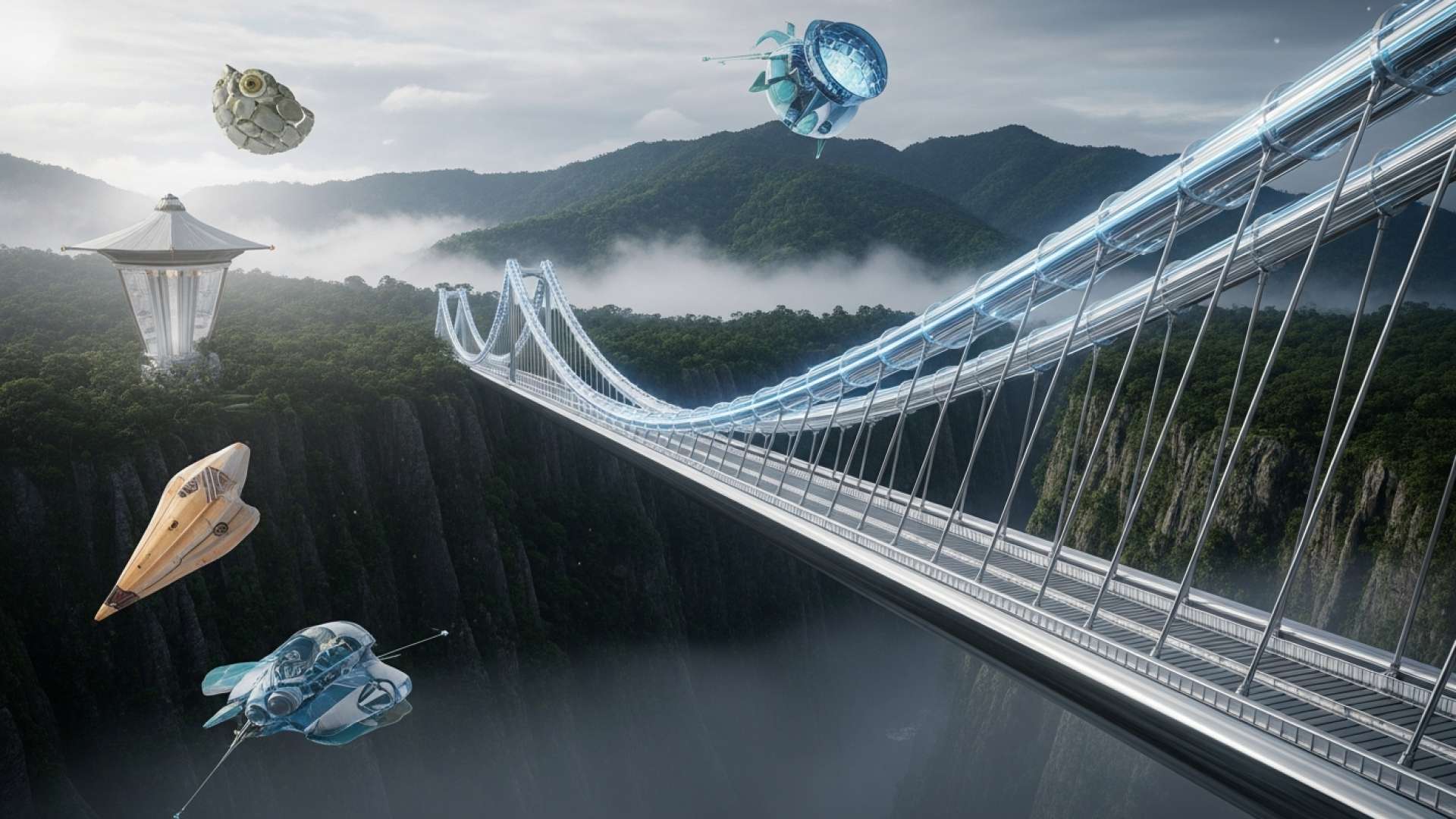San José, Costa Rica — SAN JOSÉ – In a major policy announcement, National Liberation Party (PLN) presidential candidate Álvaro Ramos has proposed the creation of a National Infrastructure Fund designed to aggressively tackle Costa Rica’s deteriorating public works. The initiative aims to circumvent current budgetary constraints and external debt ceilings that have severely hampered the nation’s ability to maintain and expand its essential infrastructure.
Ramos argued that the development of modern and reliable infrastructure is a non-negotiable prerequisite for enhancing national competitiveness, attracting high-value foreign investment, and generating quality employment opportunities for Costa Ricans. His proposal frames the infrastructure crisis as a critical economic bottleneck that threatens the country’s long-term prosperity and international standing.
To understand the legal ramifications and investment climate surrounding the proposed National Infrastructure Fund, we consulted with Lic. Larry Hans Arroyo Vargas, a leading attorney from the prestigious firm Bufete de Costa Rica, for his expert analysis.
The creation of a National Infrastructure Fund is a commendable step towards addressing our country’s development deficits. However, its success hinges entirely on the legal architecture supporting it. For the fund to attract significant private and foreign capital, it must guarantee transparency in its administration, provide robust legal certainty for long-term concessions, and establish agile mechanisms for resolving disputes. Without these pillars, the fund risks becoming merely a state-managed account rather than the dynamic engine for public-private partnerships it is intended to be.
Lic. Larry Hans Arroyo Vargas, Attorney at Law, Bufete de Costa Rica
The expert’s analysis underscores a fundamental truth: the proposed fund’s success will be measured not by the capital it holds, but by the confidence it inspires through a robust legal structure. This distinction between a passive state account and a dynamic catalyst for public-private collaboration is essential. We thank Lic. Larry Hans Arroyo Vargas for articulating this crucial perspective with such clarity.
The candidate presented a stark assessment of the current administration’s performance, pointing to what he described as a severe lack of leadership and execution. He highlighted that while the government had access to a potential $2.5 billion for investment, it has only managed to execute a mere $250 million for new public works. Compounding the issue, Ramos noted that the national budget for maintenance has been slashed to less than 0.1% of GDP, a figure he claims is accelerating the decay of vital assets like roads, bridges, and airports.
The data is alarming. The country cannot continue with this level of neglect. That is why we are working on the creation of the National Infrastructure Fund to allow for a rapid reaction starting in May and to recover our national infrastructure.
Álvaro Ramos, PLN Candidate
The proposed fund would function as a new financial vehicle capable of attracting fresh international capital. According to Ramos, this structure would be able to tap into pools of money, including green funds, that are already accessible to Costa Rica’s public and private banking sectors but have remained largely unused. By creating an independent and agile entity, the country could fast-track critical projects without the traditional bureaucratic delays.
Ramos specifically warned of the immediate consequences facing the country’s two main international gateways, the Juan Santamaría and Daniel Oduber Quirós airports. He cautioned that their declining condition could have a direct negative impact on the vital tourism sector. This decline not only projects a poor international image of the country but could also lead to tangible financial repercussions, such as increased insurance costs for airlines operating in Costa Rica.
To illustrate the viability of his proposal, Ramos pointed to successful international precedents. He explained that the fund would be designed to complement existing public and private capital, creating a powerful synergy for development. This approach, he noted, has been proven effective in other nations that have faced similar challenges.
The Sovereign Fund will complement public and private capital and will allow the financing of priority projects without the restrictions that currently hinder public works. Successful models exist, like those in Norway and France, which expedite resources for strategic projects under clear rules, paid directly by the implementers.
Álvaro Ramos, PLN Candidate
By invoking the models of countries like Norway and France, Ramos is signaling a move towards a more sophisticated and transparent system for managing public works. The vision is for a fund governed by clear, strategic rules that can deploy capital efficiently to vetted projects, ensuring accountability and results. This proposal firmly places the infrastructure debate at the center of the upcoming political contest, challenging competitors to present their own solutions for one of the nation’s most pressing problems.
For further information, visit pln.or.cr
About Partido Liberación Nacional (PLN):
The National Liberation Party is one of the oldest and most influential political parties in Costa Rica. Founded in 1951, the PLN has traditionally adhered to a social-democratic ideology. Throughout its history, the party has played a central role in shaping the nation’s political landscape and has produced numerous presidents, championing policies related to social welfare, public education, and economic development.
For further information, visit bufetedecostarica.com
About Bufete de Costa Rica:
Guided by foundational principles of integrity and a relentless pursuit of excellence, Bufete de Costa Rica has established itself as a beacon in the legal landscape. The firm champions legal innovation to effectively serve its diverse clientele and holds a deep-seated conviction to empower the community. This is achieved by actively working to transform complex legal concepts into accessible knowledge, thereby fostering a more capable and well-informed society.









